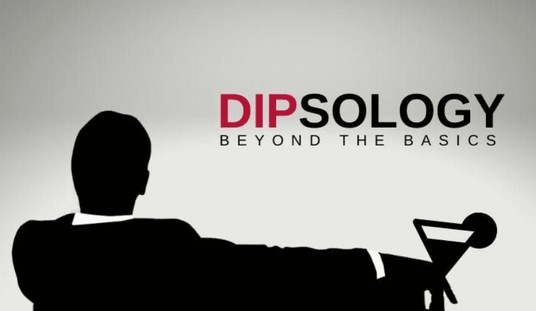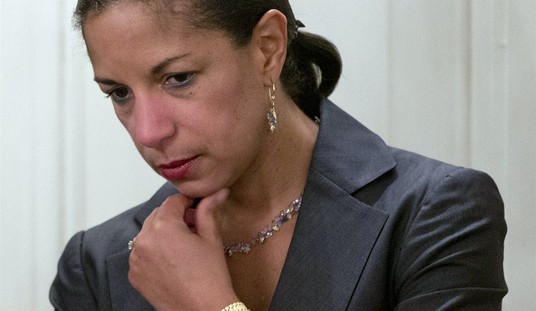
Democratic presidential candidate former Vice President Joe Biden speaks during a Democratic presidential primary debate Thursday, Dec. 19, 2019, in Los Angeles. (AP Photo/Chris Carlson)
If senators are looking for a final word on how they should vote on witnesses, perhaps they should listen to the titular leader for the Democratic nomination for president, Joe Biden.
Biden made some great points in dealing with the legal questions on the issue.
From Politico:
In January 1999, then-Sen. Joe Biden argued strongly against the need to depose additional witnesses or seek new evidence in a memo sent to fellow Democrats ahead of President Bill Clinton’s impeachment trial.
Biden circulated the four-page document, titled “Arguments in Support of a Summary Impeachment Trial,” on Jan. 5, 1999. In his memo, obtained by POLITICO, Biden cited historical precedents from impeachment cases going back to the establishment of the Senate and asserted “The Senate need not hold a ‘full blown’ trial.
“The Senate may dismiss articles of impeachment without holding a full trial or taking new evidence. Put another way, the Constitution does not impose on the Senate the duty to hold a trial,” Biden wrote at the time.
The Delaware Democrat added later: “In a number of previous impeachment trials, the Senate has reached the judgment that its constitutional role as a sole trier of impeachments does not require it to take new evidence or hear live witness testimony.”
So Biden notes there’s no Constitutional requirement to have new witnesses or evidence, particularly when you already heard from people under oath in the House and took witnesses there. He noted the historical precedent for not doing so, so this concept is not new and has been employed before. You do not really have a trial “without witnesses,” you’ve already had 18 witnesses. The House managers presented that evidence to the Senate (although they left out the 18th witness, Michael Atkinson, and no one has seen his testimony, some speculate because it’s exculpatory or not helpful to the Democrats’ case).
Of course, you didn’t have the witnesses that the Republicans wanted to call in the House because the Democrats denied them, being far less concerned about a “fair” proceeding than they are now.
But you can have a summary trial and be within the Constitution, particularly in this case where the facts don’t support the claim and there really should have been a dismissal right out of the box.
Biden also pointed out that drawing out the proceedings could be harmful to the country.
“In light of the extensive record already compiled, it may be that the benefit of receiving additional evidence or live testimony is not great enough to outweigh the public costs (in terms of national prestige, faith in public institutions, etc.) of such a proceeding,” Biden said. “While a judge may not take such considerations into account, the Senate is uniquely competent to make such a balance.”
That of course would likely be the biggest harm. Not only to the country but to the president. He’s entitled to closure, especially after being badly treated throughout the proceedings by the Democrats. He’s entitled to Constitutional protections, not an endless fishing expedition.
Senate Minority Leader Chuck Schumer joined Biden in those arguments in 1999. Now, he’s on the other side of the fence arguing against it.
So if any senators are still undecided or leaning toward it, they should take a look at this as to why they should not.
Here’s Jay Sekulow, pounding the point home:
❗WATCH:
Joe Biden argued in 1999: The Senate does not need to "take new evidence or hear live witness testimony"
Why should the Biden Rule not apply here? pic.twitter.com/6OO2pyDkT1
— Mark Bednar (@MarkBednar) January 31, 2020














Join the conversation as a VIP Member